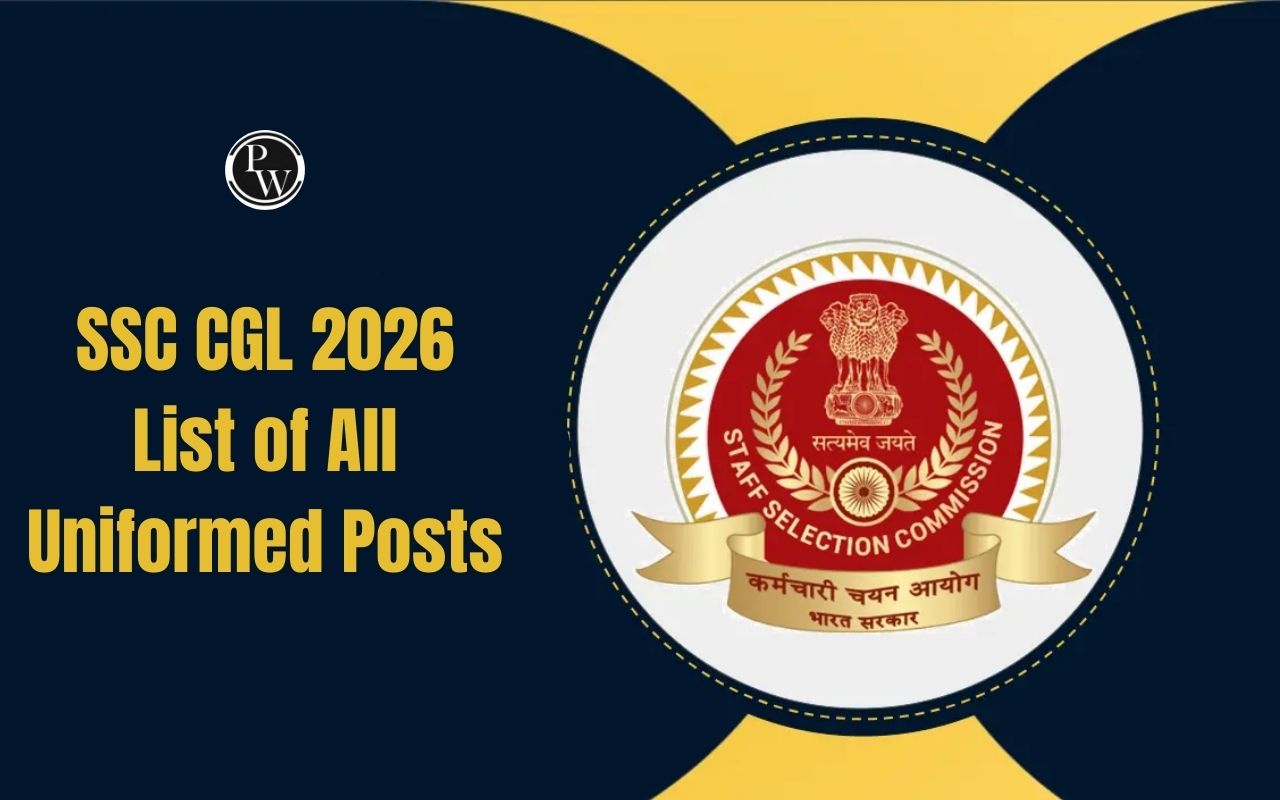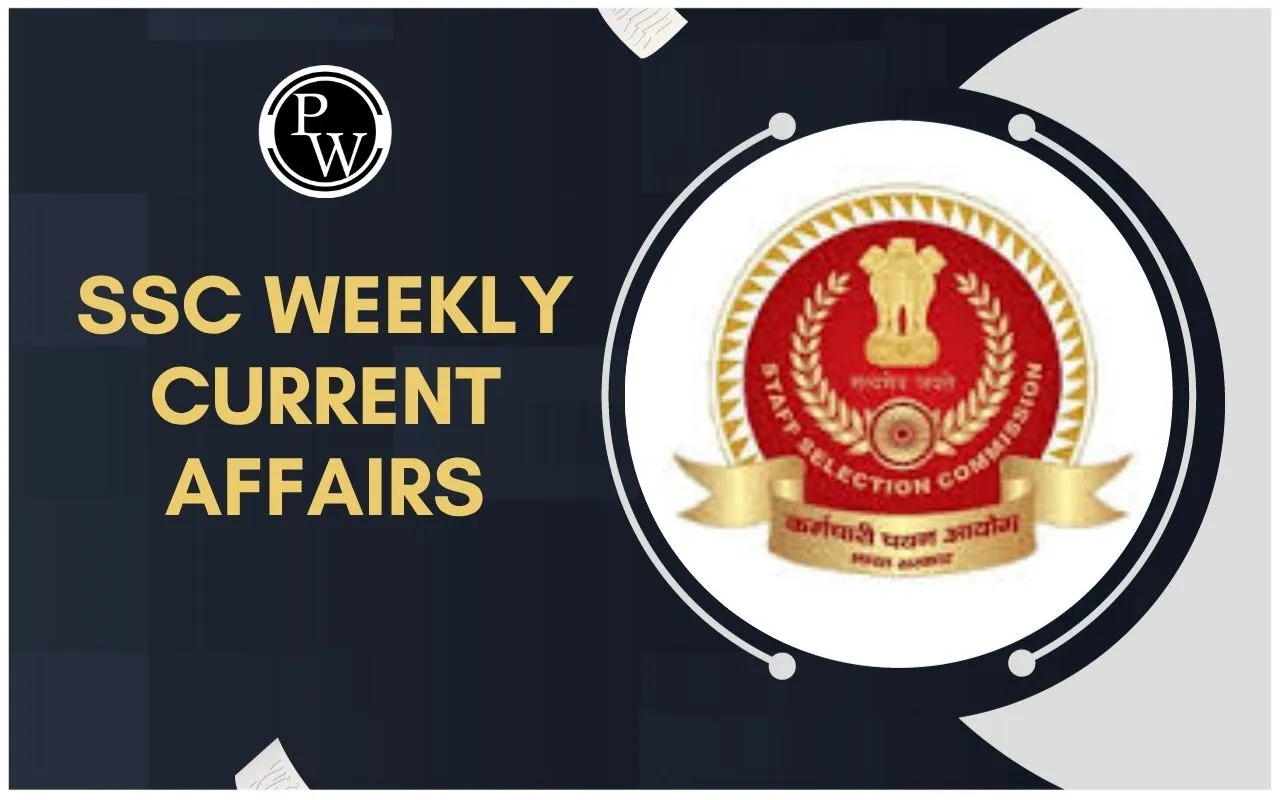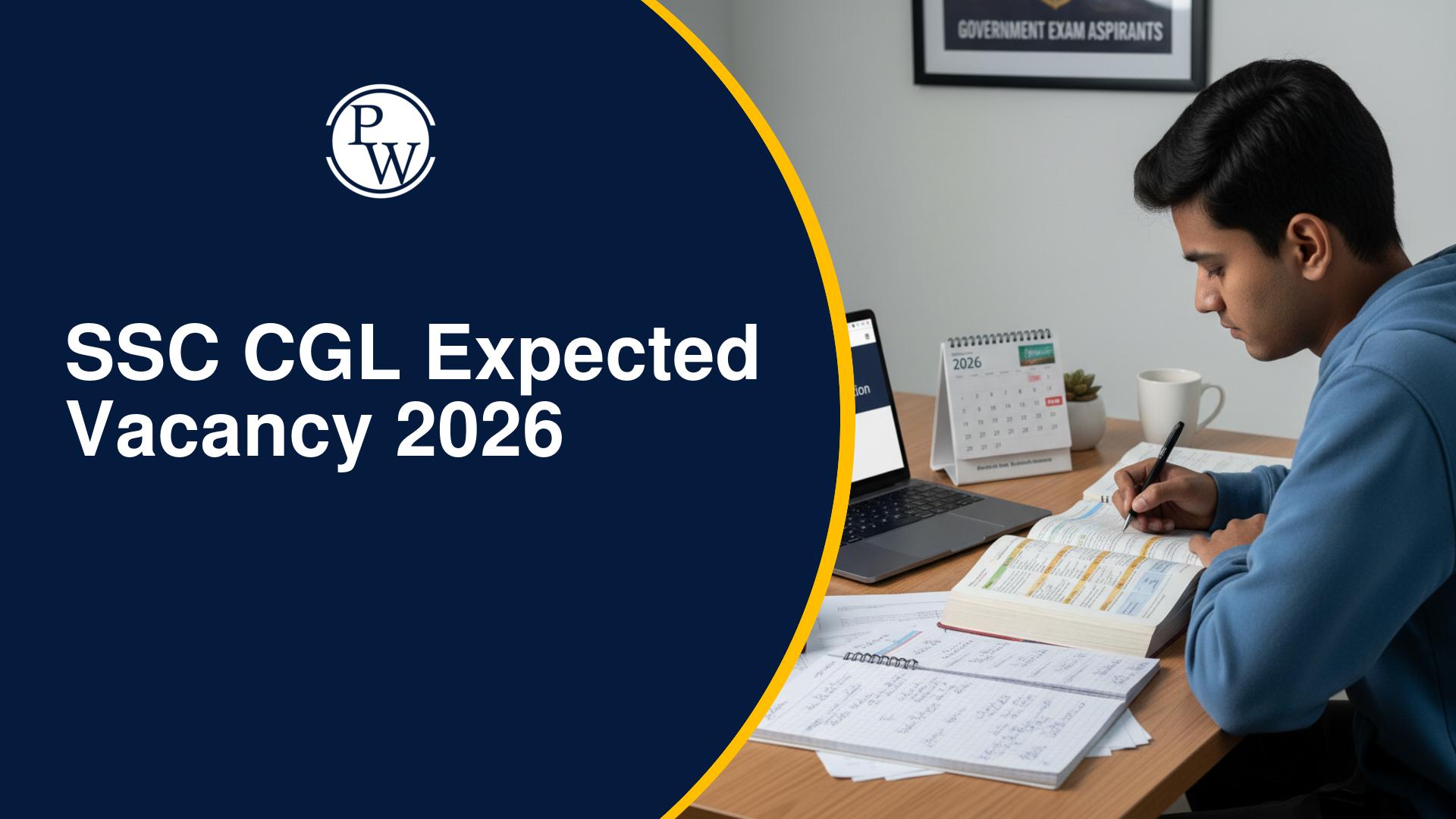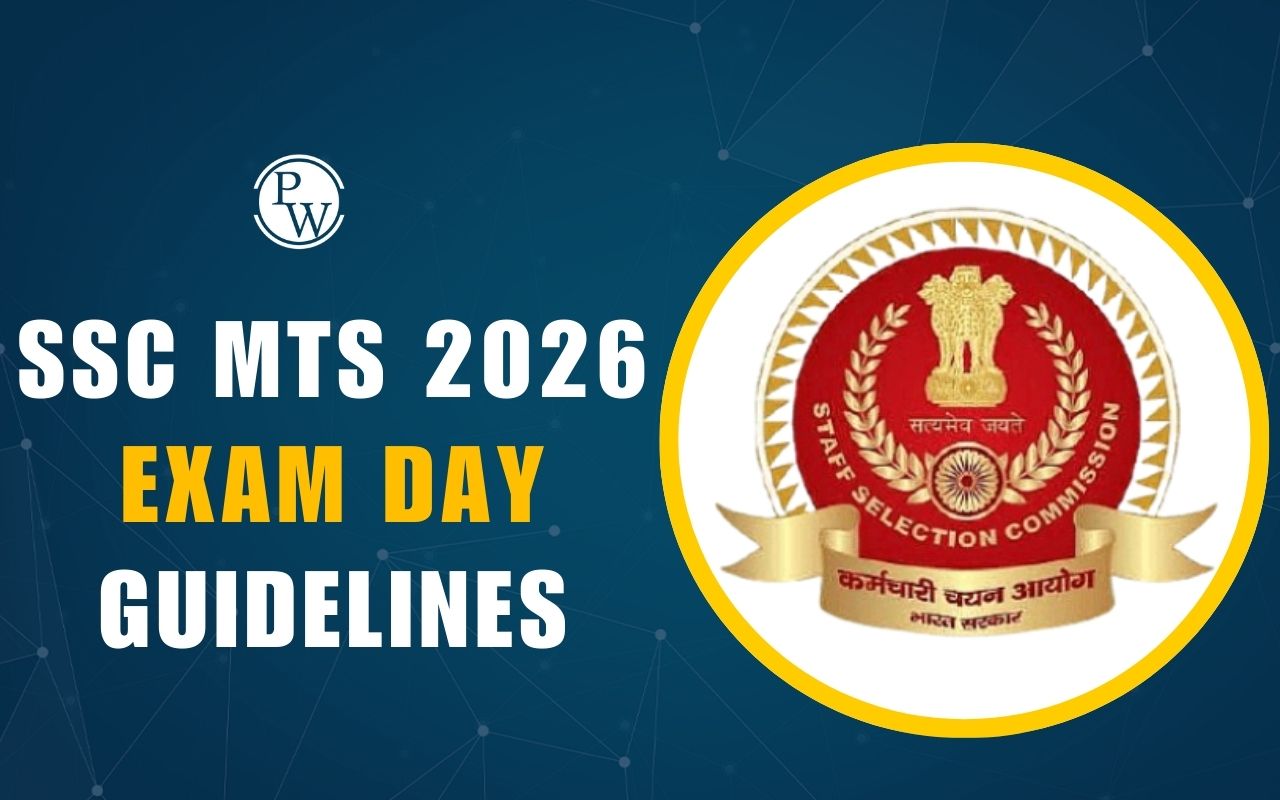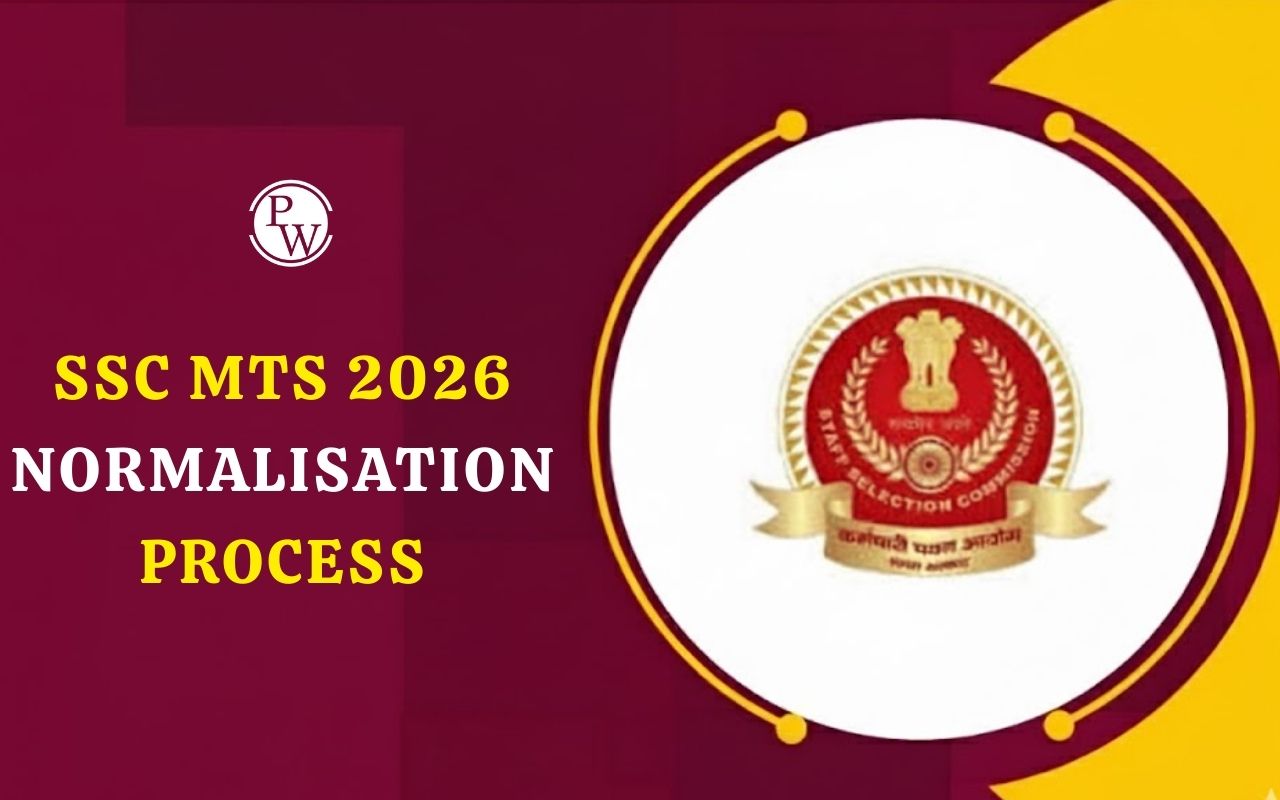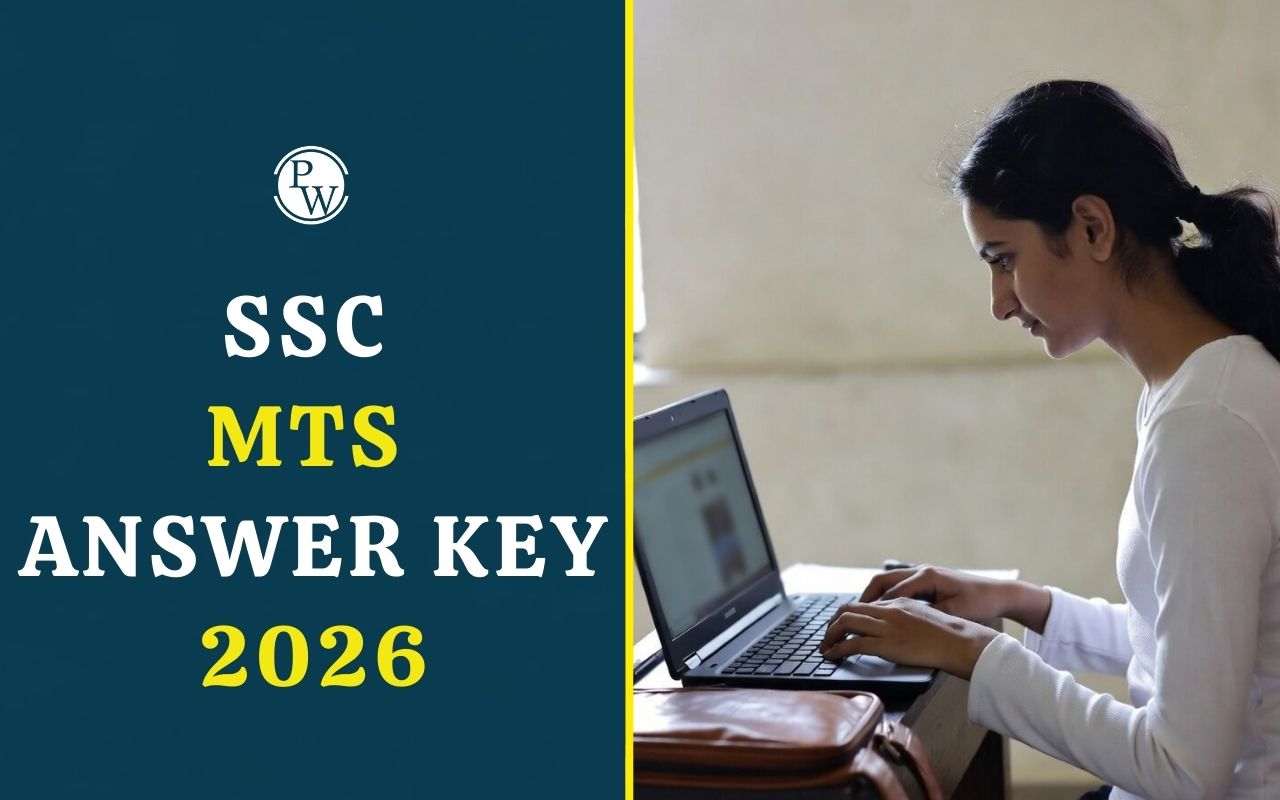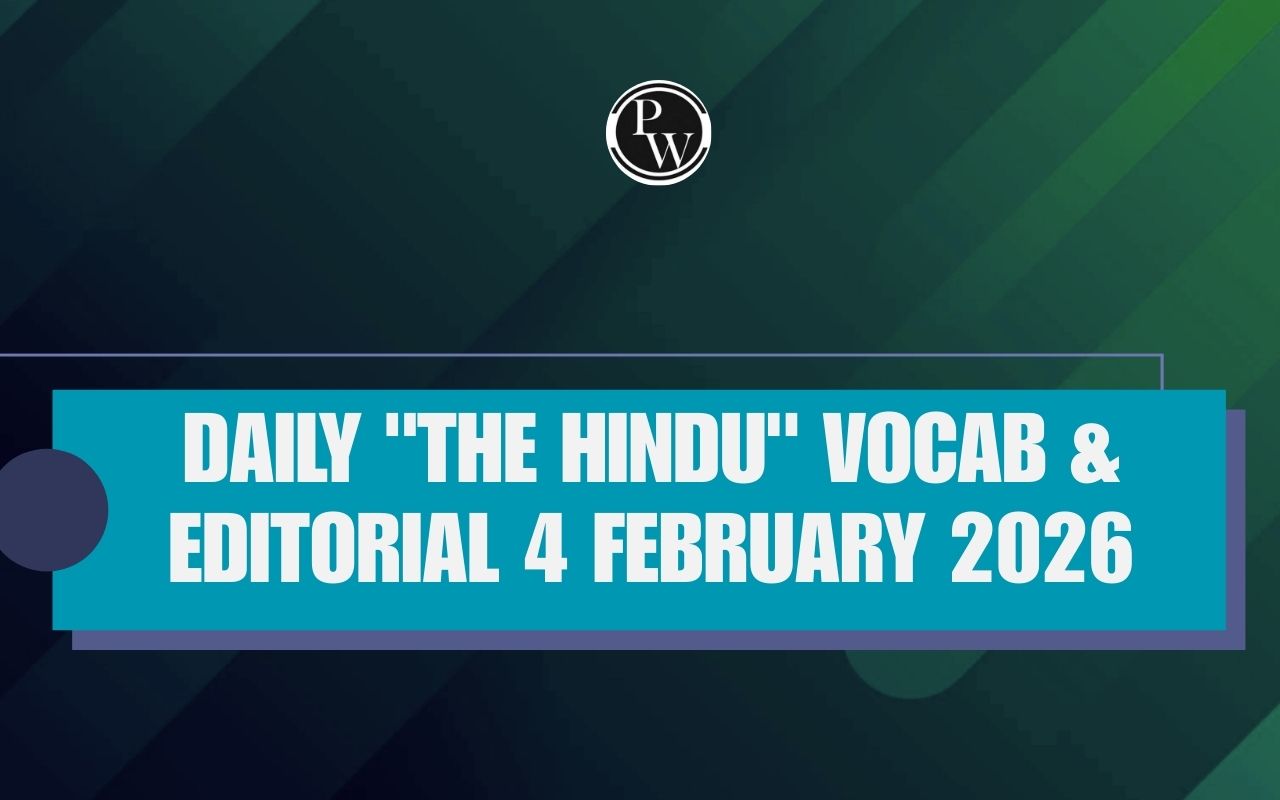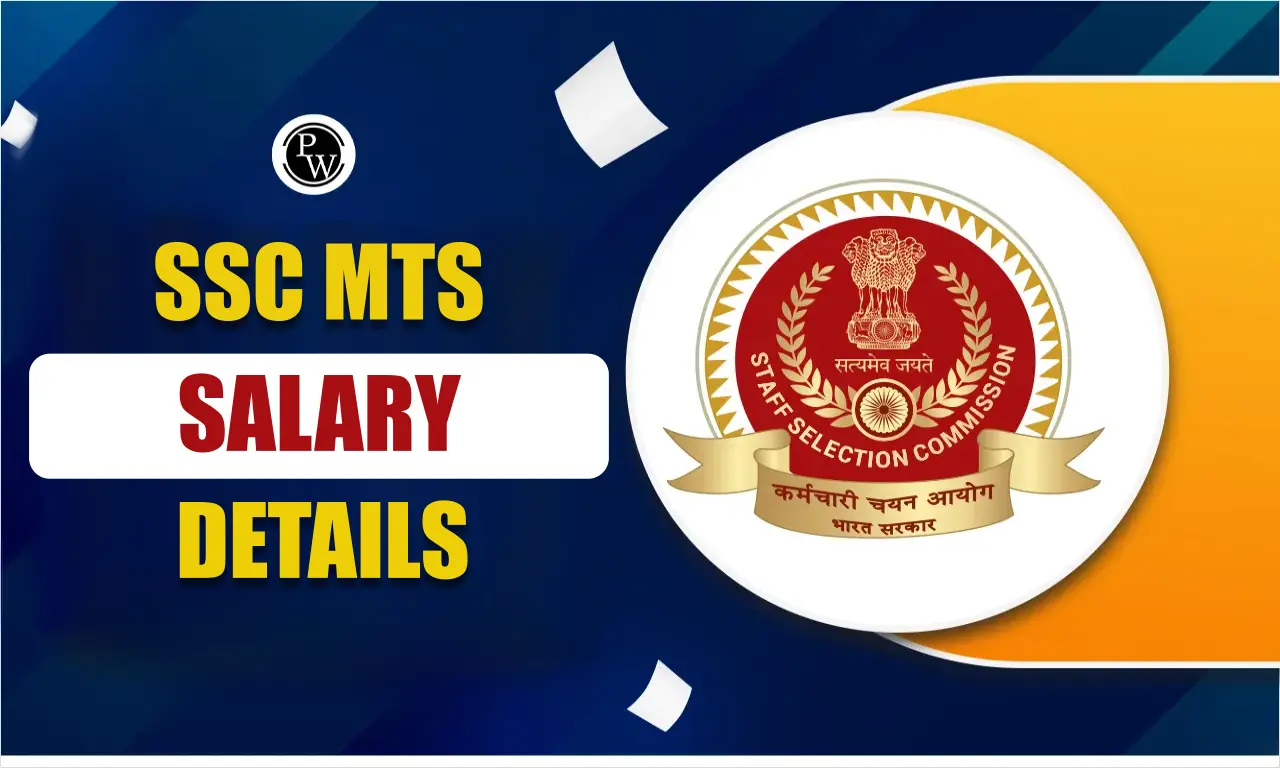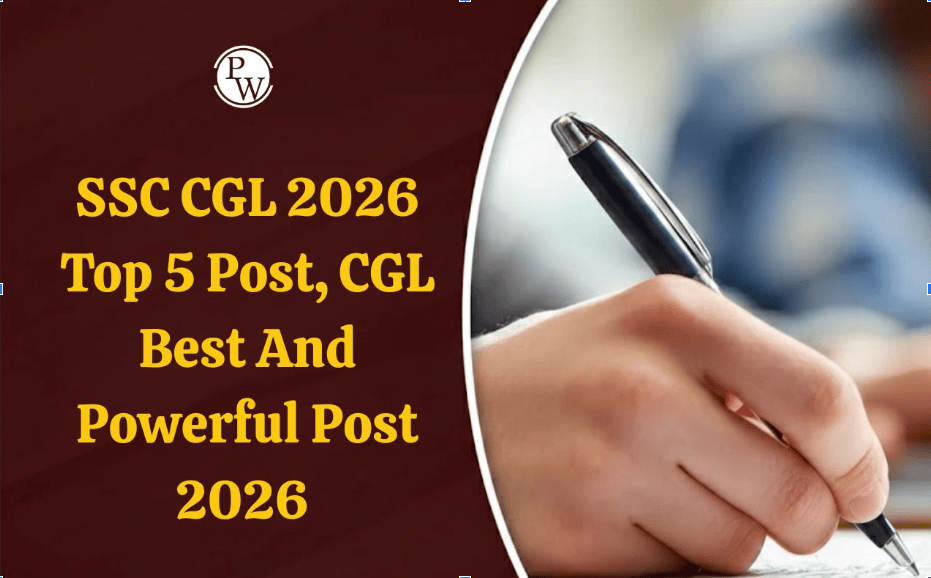
SSC CGL JSO Study Plan 2025: The SSC CGL Junior Statistical Officer (JSO) Exam 2025 is a great opportunity for candidates with a strong background in statistics. This post is highly desirable due to the good salary, and career growth opportunities in the government sector.
Since the JSO post in SSC CGL involves handling statistical analysis, data interpretation, and mathematical computations, it is essential to follow a subject-wise SSC CGL JSO Study Plan 2025. Check detailed study strategies for statistics, mathematics, reasoning, general awareness, and English comprehension, helping you maximize your score in the upcoming exam.
SSC CGL JSO Study Plan 2025
The SSC CGL Junior Statistical Officer (JSO) Exam requires knowledge of Statistics and other subjects. To clear this exam, candidates must focus on conceptual clarity, problem-solving skills, and speed enhancement. A well-structured SSC CGL JSO Study Plan 2025 is essential for effective preparation. Below is a subject-wise strategy to help you in the SSC CGL JSO 2025 Exam.
Why is JSO Post Different from Other SSC CGL Posts?
The JSO position differs significantly from other SSC CGL jobs due to:
- Statistics Paper – A specialized subject requiring a deep conceptual understanding for JSO post only
- Data Analysis & Interpretation – The job involves real-world data handling, statistical calculations, and reporting.
- Competition Level – Fewer candidates opt for this post due to its challenging nature, giving well-prepared aspirants an advantage.
Subject Wise SSC CGL JSO Study Plan 2025
The SSC CGL JSO Study Plan 2025 should focus on subject-wise preparation, prioritizing Statistics. Enhance Logical Reasoning and General Awareness for overall score improvement. Before checking subject-wise SSC CGL JSO Study Plan 2025, check out the SSC CGL JSO exam structure.
| SSC CGL JSO 2025 Exam Pattern | ||
|---|---|---|
| Tier | Paper | Subjects |
| Tier 1 | - | General Intelligence & Reasoning |
| General Awareness | ||
| Quantitative Aptitude | ||
| English Comprehension | ||
| Tier 2 | Paper 1 | Quantitative Aptitude, Reasoning, English, General Awareness & Computer Knowledge |
| Paper 2 | Statistics (For JSO Post Only) | |
Quantitative Aptitude
Mathematics is an integral part of the SSC CGL JSO exam, and it is tested in both Tier 1 & Tier 2. The questions are designed to test a candidate’s numerical ability, calculation speed, and problem-solving skills.
Topics to Cover
The Arithmetic section includes essential topics such as Percentage, Profit & Loss, Simple & Compound Interest, Time & Work, and Ratio & Proportion. These topics form the foundation of many real-world calculations and require strong conceptual clarity.
The Algebra & Geometry section covers quadratic equations, polynomials, angles, triangles, and circles. Candidates must also prepare for Trigonometry & Data Interpretation, as these topics often appear in graph-based questions.
Preparation Tips
To excel in Quantitative Aptitude, candidates should practice shortcut methods and Vedic math tricks to enhance calculation speed. Standard books are excellent for practice. Solving at least 30-40 questions daily, including previous years' papers, will help strengthen problem-solving skills.
General Intelligence & Reasoning
The reasoning section tests a candidate’s logical thinking and problem-solving ability. This section is scoring but requires consistent practice.
Topics to Cover
Candidates should focus on Analogy & Classification, which tests the ability to identify logical relationships between elements. Number & Alphabet Series questions are commonly asked to assess pattern recognition skills.
Other important topics include Coding-Decoding, Blood Relations, Syllogisms, and Direction Sense. Puzzles & Seating Arrangements require strong logical reasoning and practice.
Preparation Tips
For effective preparation, candidates should solve 15-20 reasoning questions daily and attempt online reasoning quizzes. Verbal & Non-Verbal Reasoning questions and previous year question papers are highly recommended
General Awareness
This section is crucial for scoring high marks with minimal effort, as it does not involve calculations or logical deductions.
Topics to Cover
Candidates should cover Indian History, Geography, Polity, Economy, and Science & Technology. A strong focus on Current Affairs, Government Schemes, and Important Events is essential for securing good marks.
Preparation Tips
Reading newspapers like The Hindu or Indian Express daily will improve current affairs knowledge. Monthly magazines are excellent resources. Static GK can be prepared using standard General Knowledge books.
English Language & Comprehension
The English section tests grammar, vocabulary, and comprehension skills. This section is scoring if prepared well.
Topics to Cover
Candidates must focus on Grammar (Tenses, Prepositions, Subject-Verb Agreement), Vocabulary (Synonyms, Antonyms, Idioms & Phrases), and Reading Comprehension.
Preparation Tips
Reading editorials from newspapers will improve comprehension skills. Books are great for vocabulary building. Solving daily quizzes and mock tests will enhance accuracy.
Statistics (Paper 2 – Most Important Section for JSO Post)
The Statistics section in Tier 2 is the backbone of JSO preparation. This section is highly technical and requires an in-depth understanding of statistical concepts, data interpretation, and numerical accuracy.
Topics to Cover
Candidates must have a clear understanding of data collection methods, including primary and secondary data, sampling techniques, and classification of data. The Measures of Central Tendency (Mean, Median, Mode) and Measures of Dispersion (Variance, Standard Deviation) are essential for statistical analysis. Other key topics include Correlation & Regression Analysis, where understanding the relationship between variables is crucial. Detailed SSC CGL JSO Syllabus for Statistics includes:
- Collection, Classification, and Presentation of Statistical Data
- Measures of Central Tendency
- Moments, Skewness, and Kurtosis
- Correlation and Regression
- Probability Theory
- Random Variable and Probability Distributions
- Sampling Theory
- Statistical Inference
- Analysis of Variance
- Time Series Analysis
- Index Numbers
Preparation Tips
To prepare statistics, refer to NCERT Class 11 & 12 Statistics books for conceptual clarity. Additionally, books provide solved examples and practice questions. Candidates should solve at least 20-30 numerical problems daily, covering different statistical concepts. It’s also recommended to memorize key formulas for quick calculations during the exam. Taking weekly sectional mock tests will help track progress and improve accuracy.
SSC CGL JSO Exam Preparation Tips
Junior Statistical Officer (JSO) post under SSC CGL 2025 is highly specialized, requiring an advanced understanding of Statistics. To help you with the exam, we have provided detailed, JSO-specific preparation tips covering Paper 2 (Statistics) in Tier 2, along with essential strategies for other crucial sections.
1. Prepare Statistics Section: Since Paper 2 (Statistics) is the deciding factor for the SSC CGL selection process as a Junior Statistical Officer, preparing this section should be your top priority. This paper has 100 questions (2 marks each) totaling 200 marks, with a penalty for a wrong answer.
2. Strengthen Your Quantitative Aptitude: Mathematics plays a vital role in both Tier 1 & Tier 2, contributing significantly to your overall selection. Since JSO requires strong numerical ability, candidates must focus on advanced quantitative topics.
3. Work on Data Interpretation & Logical Reasoning: As a Junior Statistical Officer, data interpretation and logical thinking are crucial. The JSO role involves analyzing numerical data and making logical conclusions, so reasoning ability is tested in the Quantitative and General Intelligence sections.
4. Focus on General Awareness: General Awareness (GA) is directly related to the JSO exam in both Tier 1 and Tier 2. A high GA score helps in boosting overall marks.
PW provides SSC exam content, including SSC Exam Blogs, sample papers, mock tests, guidance sessions, and more. Also, enroll today on SSC Online Coaching for preparation.
SSC CGL JSO Study Plan 2025 FAQs
How to prepare for SSC CGL JSO Statistics Paper?
Is Paper 2 compulsory for all SSC CGL aspirants?
How important is Quantitative Aptitude for JSO?
How to manage time effectively for SSC CGL JSO?

